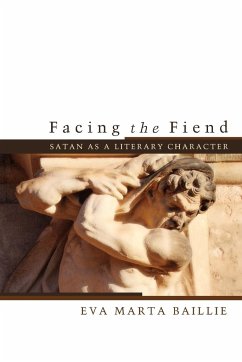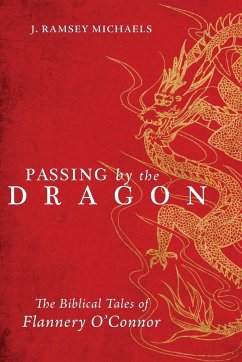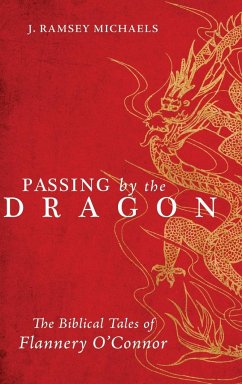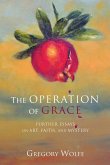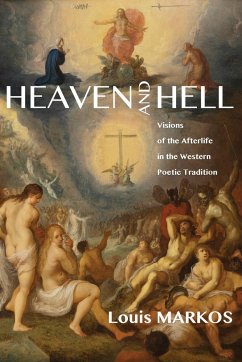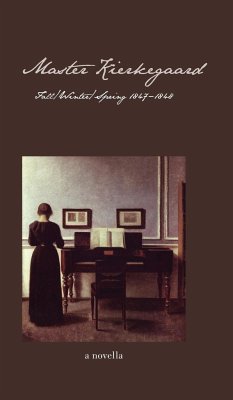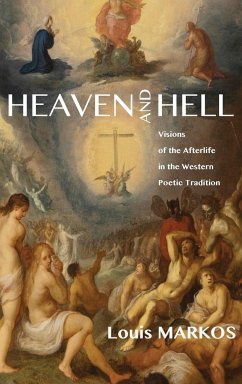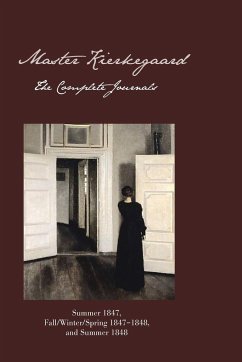Satan is not a theological concept, but a literary character. Systematic and pastoral theology struggles with the existence of Satan and at the same time, the devil inspires authors, poets, artists, and musicians--his true nature in art seems to be creative, even though he is usually associated with destruction. If we want to believe William Blake, the true poet is of the devil's party, without knowing it. The various accounts of the devil in literature and art would certainly promote the theory that Satan himself is working on the side of the artist. While the biblical canon leaves us with many open questions about Satan, the literary canon gives more than enough definitions and interpretations of the devil. Satan is a powerful literary figure, the eternal adversary, object and subject of the story. Without any real substance, he exists in the realm of the narrative, being at the same time destroyer and creator. Satan lends a face to what we experience as evil: the absence of relation, the exile of the soul, the loss of identity, the destruction of the other and the self.
Hinweis: Dieser Artikel kann nur an eine deutsche Lieferadresse ausgeliefert werden.
Hinweis: Dieser Artikel kann nur an eine deutsche Lieferadresse ausgeliefert werden.

